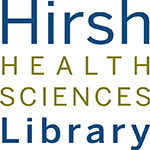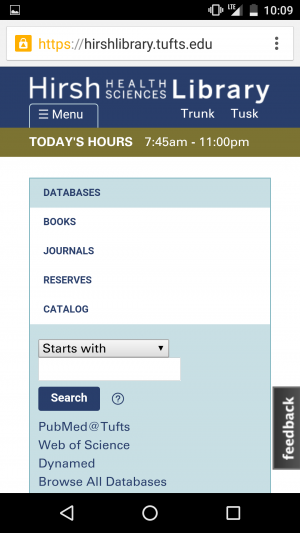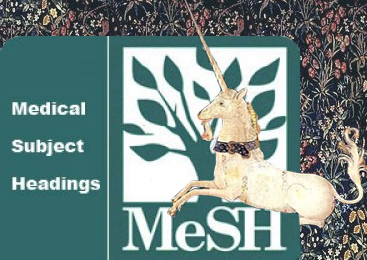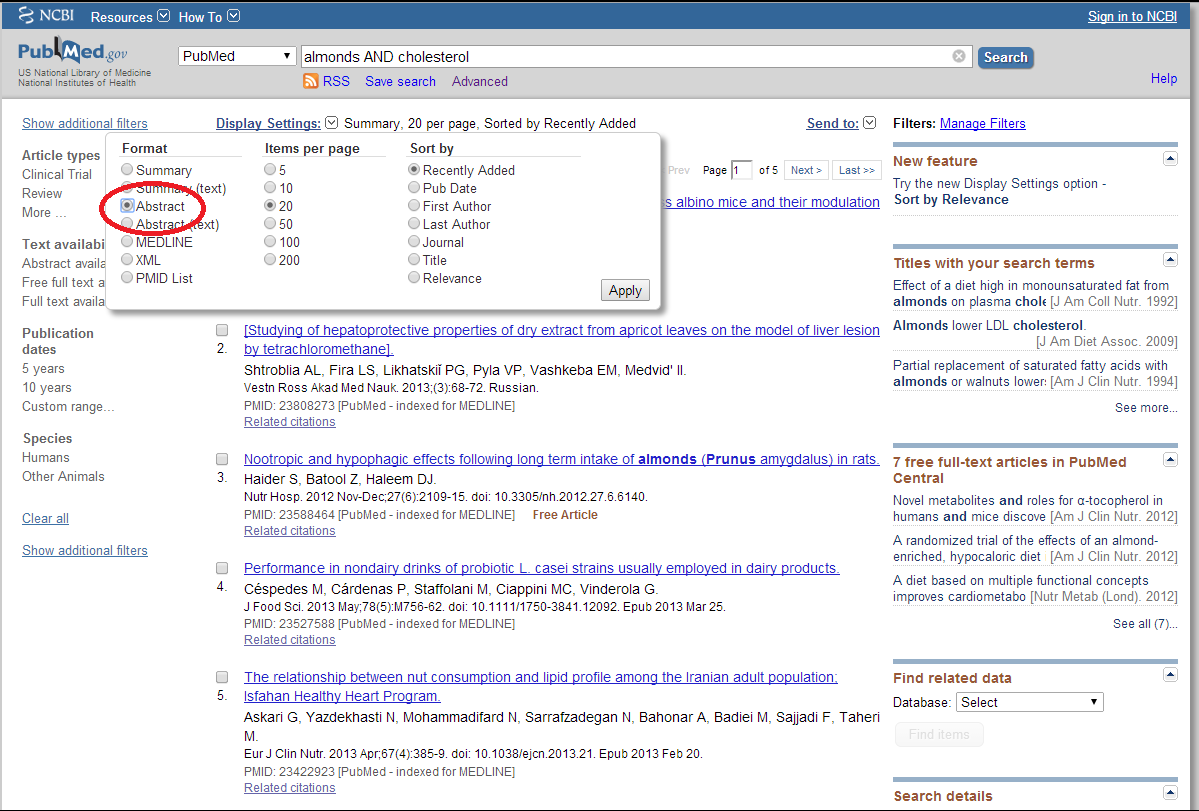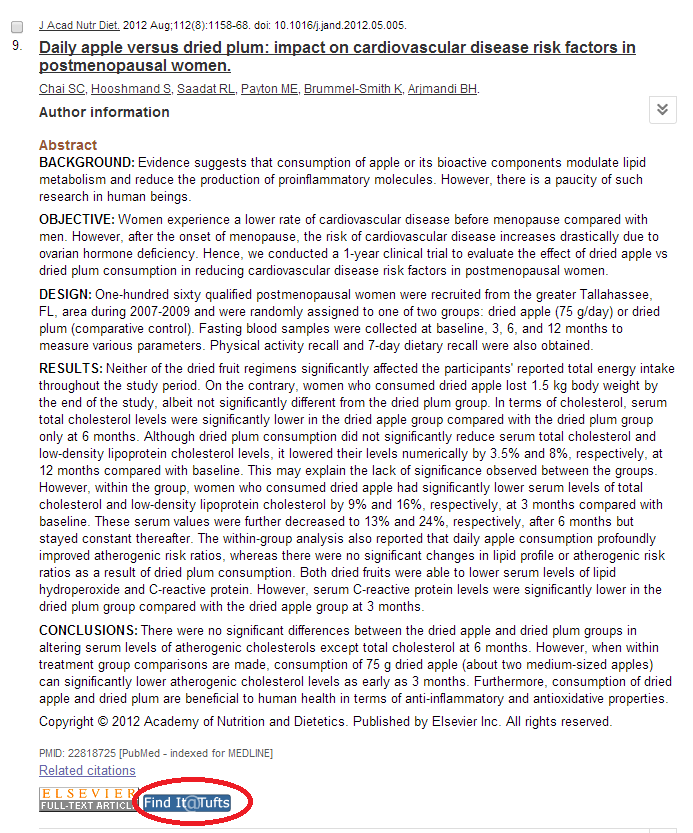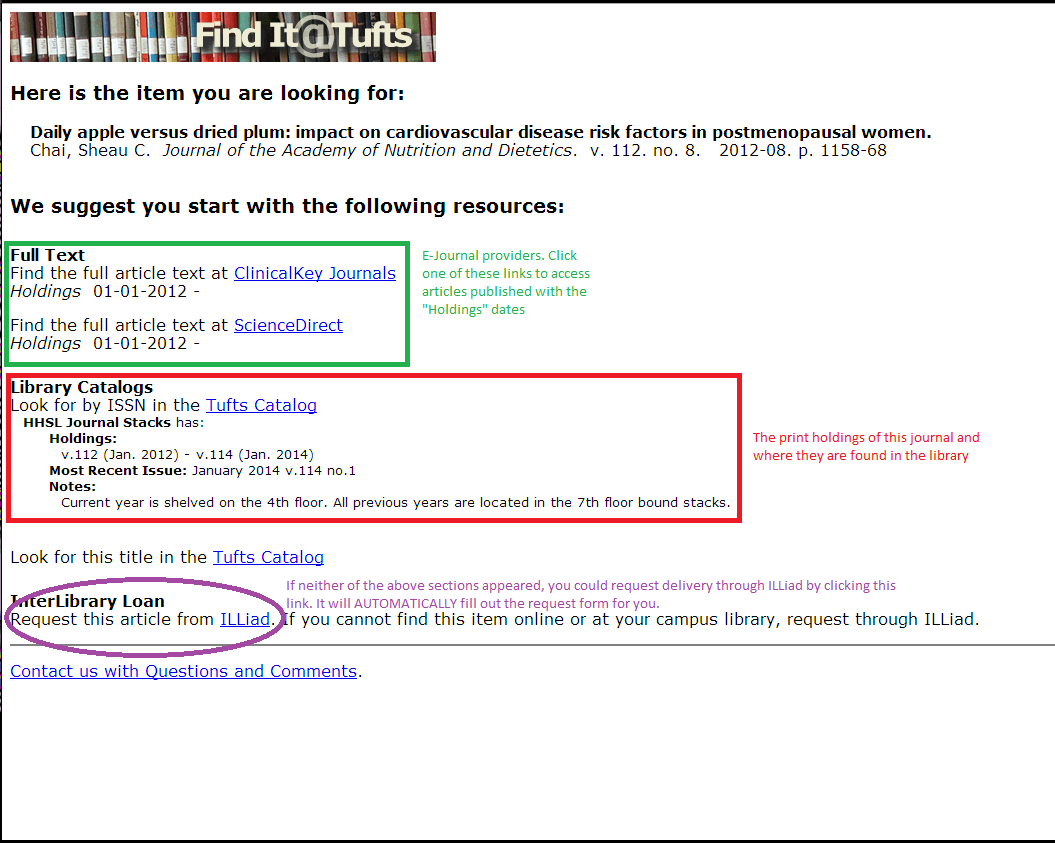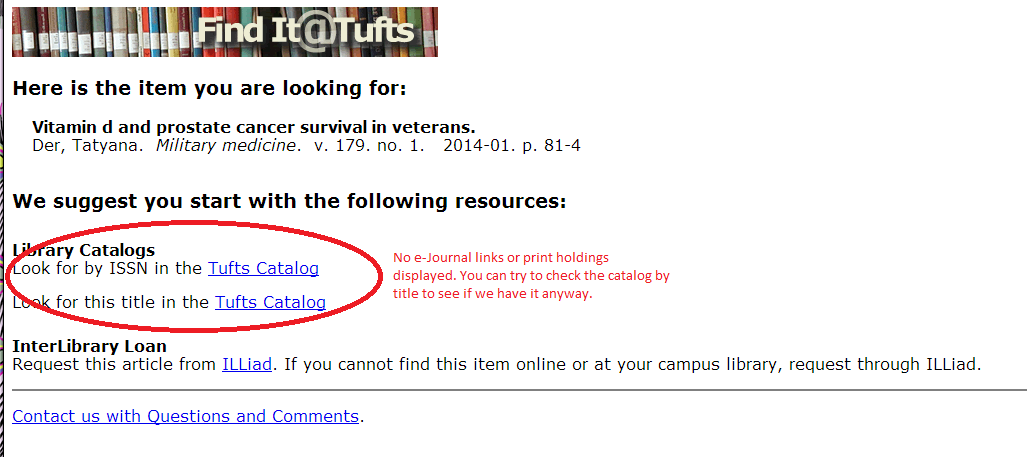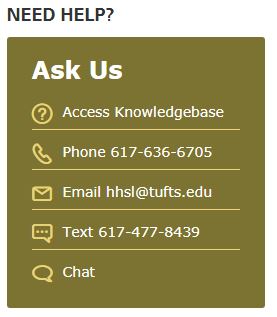Happy 2020!
Each January brings an array of welcome changes…maybe you’re giving that whole Dry January thing a try (which might decrease alcohol consumption later in the year), or it’s a Whole30 for you, or maybe this is the year you run that marathon, since that new study in the Journal of the American College of Cardiology shows that those training for their first marathon may experience a reduction in vascular age.
But why do any of that when you can simply revel in the Medline Data Changes for 2020! Cheers!

Let’s cheers Happy new year 2009 by nImAdestiny is licensed under CC BY 2.0
So what sort of changes does 2020 bring to Medical Subject Headings?
97 terms were changed or deleted and replaced with current terminology (for example, Swaziland is now Eswatini, reflecting the official name change of the nation in 2018).
293 new MeSH headings and 2 new publication types joined the thesaurus this year as well. Some new headings of particular note to HHSL researchers include:
- Diet and nutrition terminology, such as Animal Proteins, Dietary, Artificially Sweetened Beverages, Edible Insects, Pork Meat, and Salads
- More granular indexing of complementary therapies, such as Cupping Therapy and Dry Needling
- New terms related to technology, such as Augmented Reality, Blockchain, Disruptive Technology, and Smart Materials
- More appropriate descriptors for groups of people, such as Indigenous Peoples, Intersex Persons, and Para-Athletes
You can review the full list here: https://www.nlm.nih.gov/mesh/2020/download/2020NewMeSHheadingsSingleColumn.pdf.
For more information about using MeSH, please visit our guide to Advanced Searching Techniques.
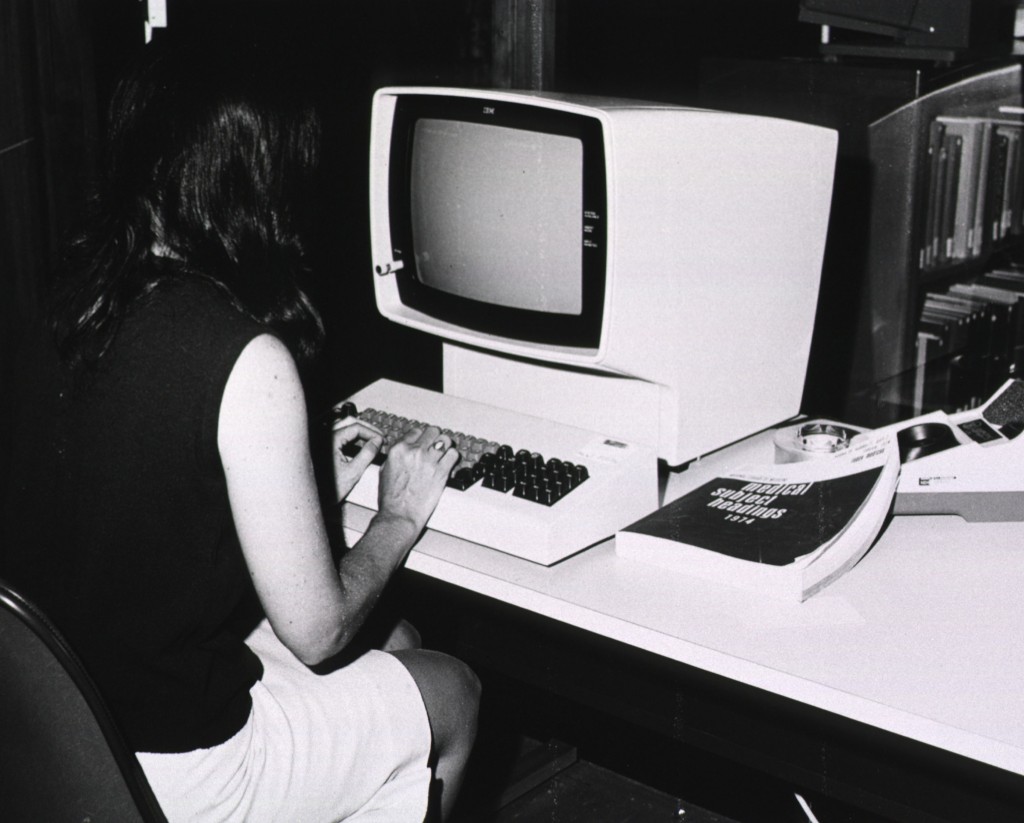
MEDLINE computer with Medical Subject Headings book, circa 1974
Image source: U.S. National Library of Medicine Digital Collections
Now an indispensable resource, it is hard to believe that PubMed is only 20 years old. First released in January 1996, PubMed was initially an experimental database. One year later, the word ‘experimental’ was dropped and, at a Capitol Hill press conference on June 26, 1997, free web access to MEDLINE through PubMed was officially announced. The press conference featured a demonstration of PubMed by then Vice President Al Gore (anyone remember him?) and a variety of stories from peoples whose lives had been affected by access to MEDLINE (Press Release – Free MEDLINE).
Prior to the launch of PubMed, users had to register and pay to search MEDLINE. Approximately 2 million PubMed searches were executed during the month of June 1997. In April 2015, 3.5 million searches per day were performed in PubMed. PubMed has come a long way over the past 20 years, and will continue to change in the upcoming years (PubMed Celebrates Its 20th Anniversary).
Post contributed by Laura Pavlech
Our new website has been live for almost a month and we hope you’ve had the chance to explore it! If not, take a moment to familiarize yourself with all the great updates.
Here are some of our favorite new features :
- The new website has a more enhanced user experience for mobile devices.
- The most popular links, including PubMed and UpToDate, will still be at users’ fingertips within the Quick Links section.
- Users can view the latest hours for the Café with a link to the menu for the week.
- The new website includes the added “Available Technology” feature with the number of items available for checkout in real time.
To access our new website navigate to:http://hirshlibrary.tufts.edu.
We welcome all feedback! You can share your experience here .
For those of you not already familiar, MeSH or Medical Subject Headings are the standard terms used to describe biomedical topics in PubMed. Basically, a staff person at the National Library of Medicine (NLM) tags each article with the appropriate MeSH based on what the article is about. The great thing is you don’t have to worry about spelling variations, conjugation, or even synonyms with MeSH. If the article is about the concept, the NLM staffer will tag it with the right MeSH, even if the exact words used in the text are different.
So what made the list of new MeSH for 2016? Well, a few were surprising, such as the term Grandparents. How was that not already in there? Considering Antelope has been a MeSH since 1991, why did it take this long to add Giraffe? And, is it really that often that Legendary Creatures comes up in the biomedical literature that it deserves its own heading?
Well, check the list out yourself. Just keep in mind, these MeSH are brand-spanking new, so don’t expect to get a lot of articles tagged with them just yet–most are not retroactive.
Post contributed by Judy Rabinowitz
We’ve replaced our PubMed holdings icons with FindIt@Tufts buttons in order to more accurately reflect holdings of the Tufts Libraries. The FindIt@Tufts button appears on most of the other databases licensed by Tufts, and now appears on PubMed’s Abstract Display. (Figures 1 & 2)
The FindIt link will attempt to link to the full text of an article directly or via a link to a publisher’s page. When FindIt@Tufts cannot link directly to the full text, it takes you to what is known as a resolver page. (Figure 3) This page provides links to our e-Journal providers, shows relevant information if Tufts has any print holdings of the items, allows you to search for the Tufts Catalog record and also links to our document-delivery service ILLiad, which can obtain PDFs of articles Tufts does not own.
Publisher icons often appear next to the FindIt@Tufts button. These icons MIGHT take users on the Tufts network directly to the full text, but if Tufts does not license that publisher, then it will ask you to pay for the article. For those on the Tufts Medical Center network and all computers off-campus, FindIt@Tufts provides the best avenue to the full text.
If you run across a journal that only provides a link to search the Tufts Catalog by ISSN or Title (Figure 4), but you know or believe the library has access to it, please notify us at hhsl@tufts.edu so we can investigate the linking failure. We apologize for the inconvenience of this transition.
Reminder: You must always log into PubMed from the Hirsh Health Sciences Library homepage if you are in Tufts Medical Center or Off-Campus. http://www.library.tufts.edu/hsl/ (Previous issues where PubMed was not asking you to log-in before use have been resolved.)
“But does it really work?” In our sound-bite saturated news media, it’s difficult to discern which health studies demonstrate effectiveness and which studies do not. How do we know when medical news is evidence worth paying attention to – or – when it is just ‘print noise’?
PubMed Health is a service of the U.S. National Library of Medicine that was designed to help consumers and clinicians answer the question, “what works?” PubMed Health “specializes in reviews of clinical effectiveness research, with easy-to-read summaries for consumers as well as full technical reports.” It provides information on how to assess the research results as well as how to read health news.
One of the most valuable features of PubMed Health is “Behind the Headlines,” a joint project of the National Health Service and the U.S. National Library of Medicine. “Behind the Headlines” evaluates current medical news for accuracy and also describes how medical news stories come to acquire their “spin”.
Check out PubMed Health – it works!
http://www.ncbi.nlm.nih.gov/pubmedhealth/
Recent Posts
Categories
- 4th Floor Tabling (3)
- affiliation (4)
- Announcements (353)
- Book/Resource Reviews (117)
- Hours (131)
- Interviews (4)
- New Titles & Resources (114)
- News & Events (266)
- Open Workshops (48)
- Outside News & Events (66)
- resources (18)
- throwback thursday (5)
- Tips & Tricks (135)
- Uncategorized (148)
Tags
4th floor affiliation books Boston circulation crafts electronic resource electronic resources events exams extended hours food fun fun lab funlab graduation HHSL Hirsh Health Sciences Library holiday holiday hours holidays hours leisure reading library fun lab library service desk library staff new books open access open access week open workshop Open Workshops reserves resources staff statistics summer survey tea Thanksgiving therapy dogs Tufts Hirsh Health Sciences Library website welcome! writing consultants writing helpFollow us @TuftsHHSL!
Twitter feed is not available at the moment.
